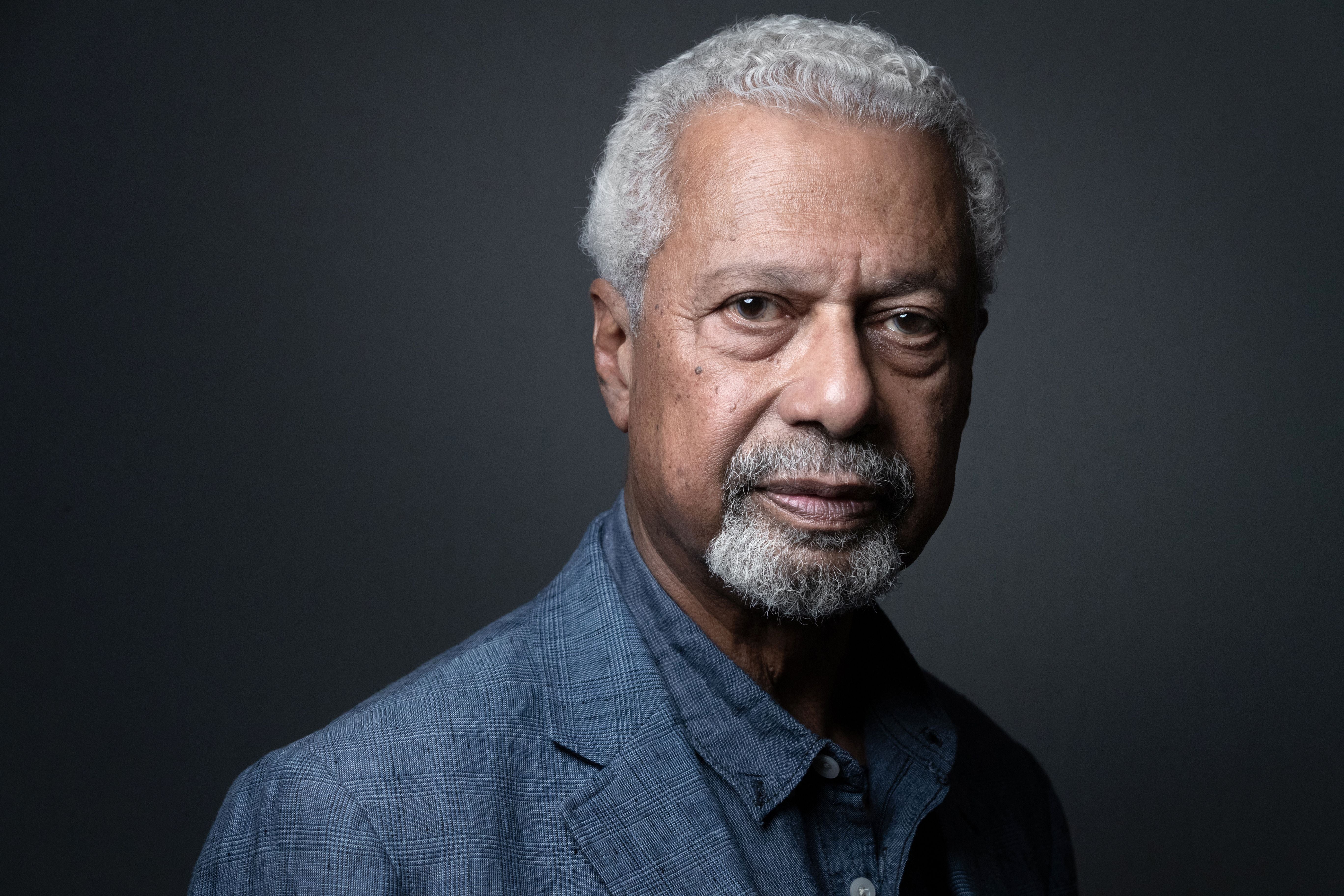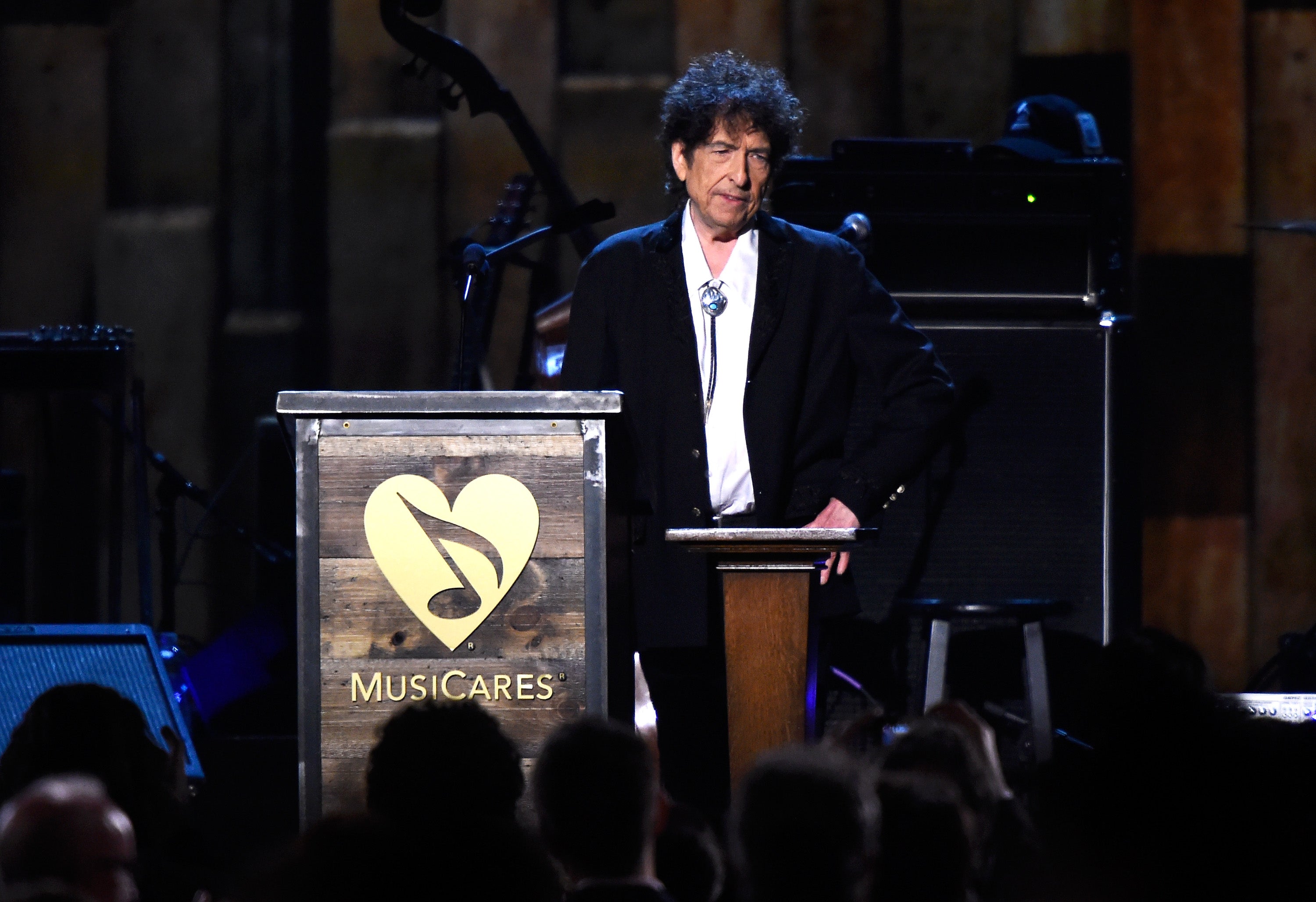
The winner of the Nobel Prize in Literature will be announced this week.
The winner will be presented with a gold medal, diploma and cash prize. The value of the monetary prize fluctuates annually based on the Nobel Foundation’s current income.
Haruki Murakami, Chimamanda Ngozie Adichie and Salman Rushdie are among the bookies’ favourites to be named the 2022 Nobel Laureate.
Here’s everything you need to know…
When is the winner announced?
The winner of the Nobel Prize in Literature is announced on Thursday (6 October) sometime from 2pm UK time (1pm CEST).
The winner will be announced by the Swedish Academy based in Stockholm and awarded later this year.
Who won last year?
The 2021 Nobel Prize in Literature was awarded to Tanzanian-born British novelist Abdulrazak Gurnah, who is the Emeritus Professor of English and Postcolonial Literatures at the University of Kent.

Gurnah received the award for his “uncompromising and compassionate penetration of the effects of colonialism and the fate of the refugee in the gulf between cultures and continents".
He was the first Black writer to win the prize since Toni Morrison in 1993.
Recent controversies
For more than 100 years, the literature prize has faced a number of controversies.
In recent years, this has largely pertained to the positions of the winners in wider culture.
When Bob Dylan became the first songwriter and musician to win the pride, many novellists claimed that the prize had been cheapened.

“I’m a Dylan fan, but this is an ill-conceived nostalgia award wrenched from the rancid prostates of senile, gibbering hippies,” said Trainspotting writer Irvine Welsh at the time.
Several countries boycotted the 2019 ceremony after the prize was given to Austrian author Peter Handke.
Handke had been criticised for his stance on the wars in former Yugoslavia and on late Serbian leader Slobodan Milosevic.
Political views also played into a controversy surrounding the 2010 winner, when Peruvian writer Mario Vargas Llosa won.
Llosa was known for publicly holding right wing views and was even nicknamed the “king of controversies”, as his political opinions often got more attention than his politics.







